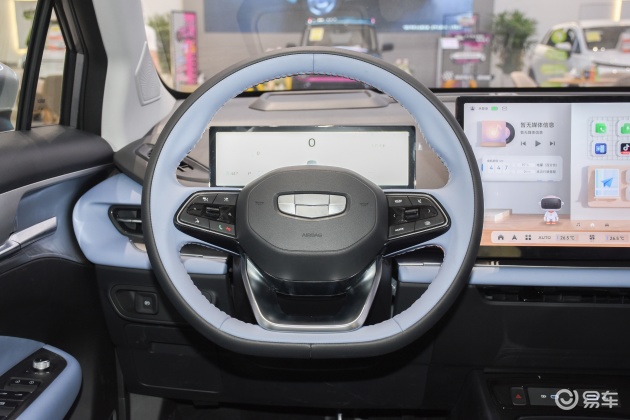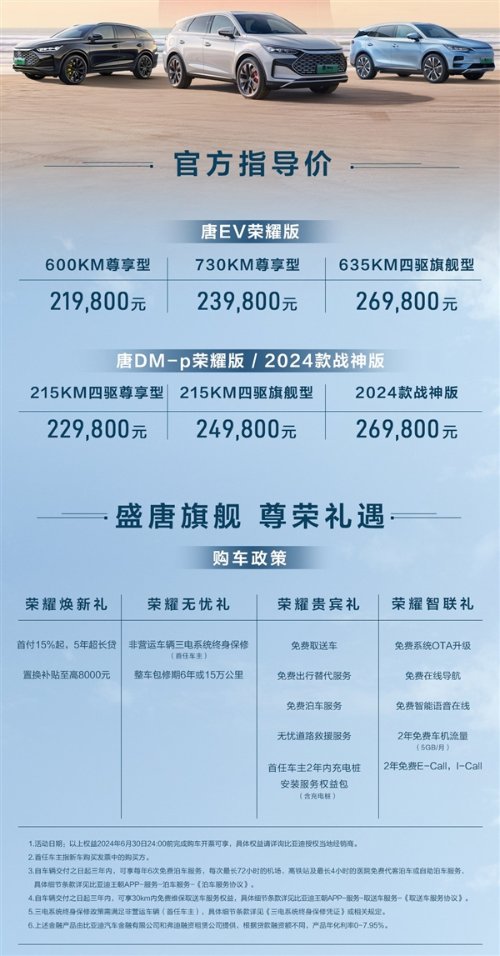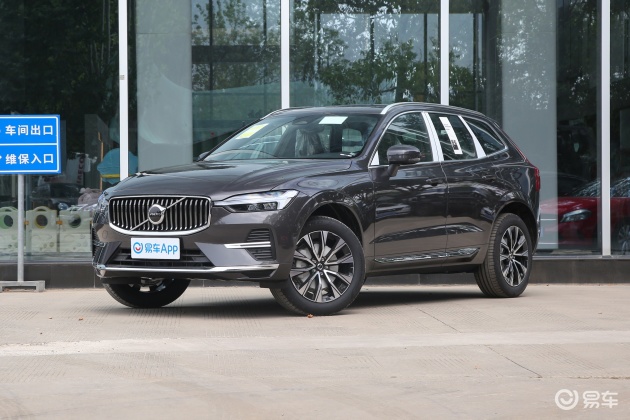CCTV News:On August 5, the RMB exchange rate "broke 7", which was originally a natural reaction of the market, but it became the "devil" of the US government. The U.S. Treasury Department has declared China a so-called "currency manipulator". What are the real intentions and attempts of the United States behind this farce?
1. What is the exchange rate?
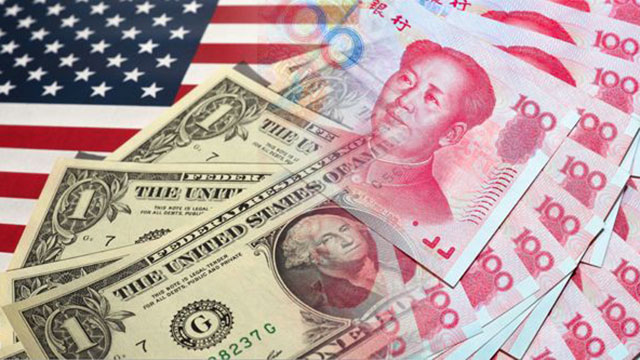
The exchange rate is the ratio of one country’s currency to another’s currency. If the value of country A’s currency is higher than that of country B’s currency, then people in country A can buy more goods and services in country B with the same amount of country A’s currency. The same is true for countries. A country’s appreciation of another country’s currency is conducive to imports and is not conducive to exports; When a country depreciates against another country’s currency, exports are encouraged and imports are frustrated.
2. Is China a so-called "currency manipulator"?
According to America’s own standards, the Trade Facilitation and Promotion Act promulgated in 2015 stipulates that the following three points should be met at the same time to judge whether there is exchange rate manipulation in a country or region:
First, a large trade surplus with the United States: the trade surplus with the United States exceeds $20 billion.
Second, the huge current account surplus: the current account surplus exceeds 3% of GDP.
Third, continuous one-way intervention in the foreign exchange market: repeated net purchases of foreign exchange, and the net purchases within 12 months exceed 2% of GDP.
If calculated by the standard, China can’t be called a "currency manipulator", because China meets only the first requirement. The view of the International Monetary Fund also points out that the RMB exchange rate is generally in line with the fundamentals.
So, the United States added two more. First, "China has been urging its currency to be undervalued through continuous and large-scale intervention in the foreign exchange market for a long time". Second, the People’s Bank of China "publicly admits that it has rich experience in manipulating the exchange rate and is prepared to continue to do so". However, the original words of the People’s Bank of China said that "it has accumulated rich experience and policy tools, will continue to innovate and enrich the control toolbox, and take necessary and targeted measures against possible positive feedback behaviors in the foreign exchange market". Turning the page of history, whether in the Asian financial crisis in 1997, the global financial crisis in 2008 or the Sino-US trade dispute since 2018, China has always insisted on not engaging in competitive devaluation. Most of the tools accumulated by the People’s Bank of China in the past few years are to defend the currency, not to devalue it.
3. Is RMB depreciation a natural market reaction?
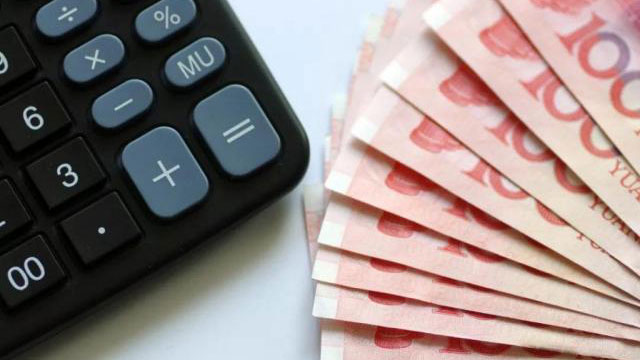
In an interview with Bloomberg, American financial experts pointed out that after the United States announced that it would impose a 10% tariff on $300 billion of goods exported from China to the United States, the RMB "breaking 7" was a natural reaction of the market.
In the trade war between Japan and the United States in the last century, the United States put pressure on the yen exchange rate in order to improve the trade deficit with Japan. However, not only the Japanese economy has become a victim, but also the US trade deficit with Japan has not changed significantly. Now that the United States is doing the same thing again, China will not be hooked by the United States again.
4. Who is the ultimate pressure in the United States?
1950— During the trade war between Japan and the United States in 1990, the yen was forced to appreciate rapidly, and domestic policy liberalization and financial liberalization were implemented. The trade deficit between the United States and Japan has not improved significantly, while the bubble burst after the skyrocketing housing prices and stock markets in Japan.
Take history as a mirror. To engage in "competitive devaluation" will hurt everyone, and China will not be hooked by the United States, repeating the Japanese mistakes and letting the United States "do the same thing again".
As for the impact, this behavior of the United States has seriously damaged the international financial order, which will inevitably lead to financial market turmoil, and the domestic economy of the United States is also facing comprehensive risks.
On August 6th, China’s Ministry of Commerce announced that relevant enterprises in China would suspend the purchase of new American agricultural products. Chippy Duval, president of the American Federation of Farmers’ Associations, said that China’s practice has dealt a heavy blow to American agriculture, and the hardships of thousands of American farmers will get worse.
5. What is the intention of the United States to carefully select time nodes?
In this case, why did the United States choose to list China as a currency manipulator at this time? What is its next step?
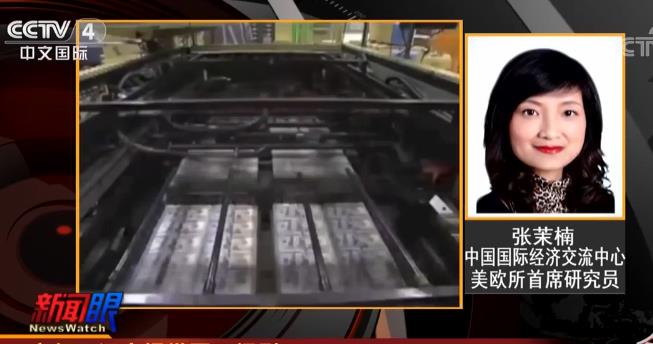
Zhang Monan, chief researcher of the US-Europe Institute of China Center for International Economic Exchanges, said, I think on the one hand, it may be to fulfill Trump’s campaign promise after he took office. On the other hand, with the intensification of Sino-US trade war, the United States may hope to further promote exports and boost the economy through a weak dollar. At this moment, when the United States listed China as a "currency manipulator", it was also in a time window. During the China negotiations, it further put pressure on China, which also opened the next policy toolbox of the United States and forced the RMB to appreciate further. It is possible to further pressure China by imposing tariffs or the so-called "anti-tariff subsidy tax". It is also possible to put pressure on China by restricting financing or restricting some financial channels. It is not excluded that the US government will conduct additional review on China’s macroeconomic policies or related exchange rate policies through the IMF platform. Finally, because there are some aspects involved in the opening of financial markets and capital accounts in the China negotiations, it is not excluded that the United States, like the South Korean government in 1988, will further force China to fully open its financial markets and capital accounts through the label of "currency manipulator".
6. What are the consequences of the US labeling "currency manipulator"?
The escalating economic and trade friction has hit the American economy, seriously hindered the development of the global economy, and aroused widespread concern of world public opinion.


